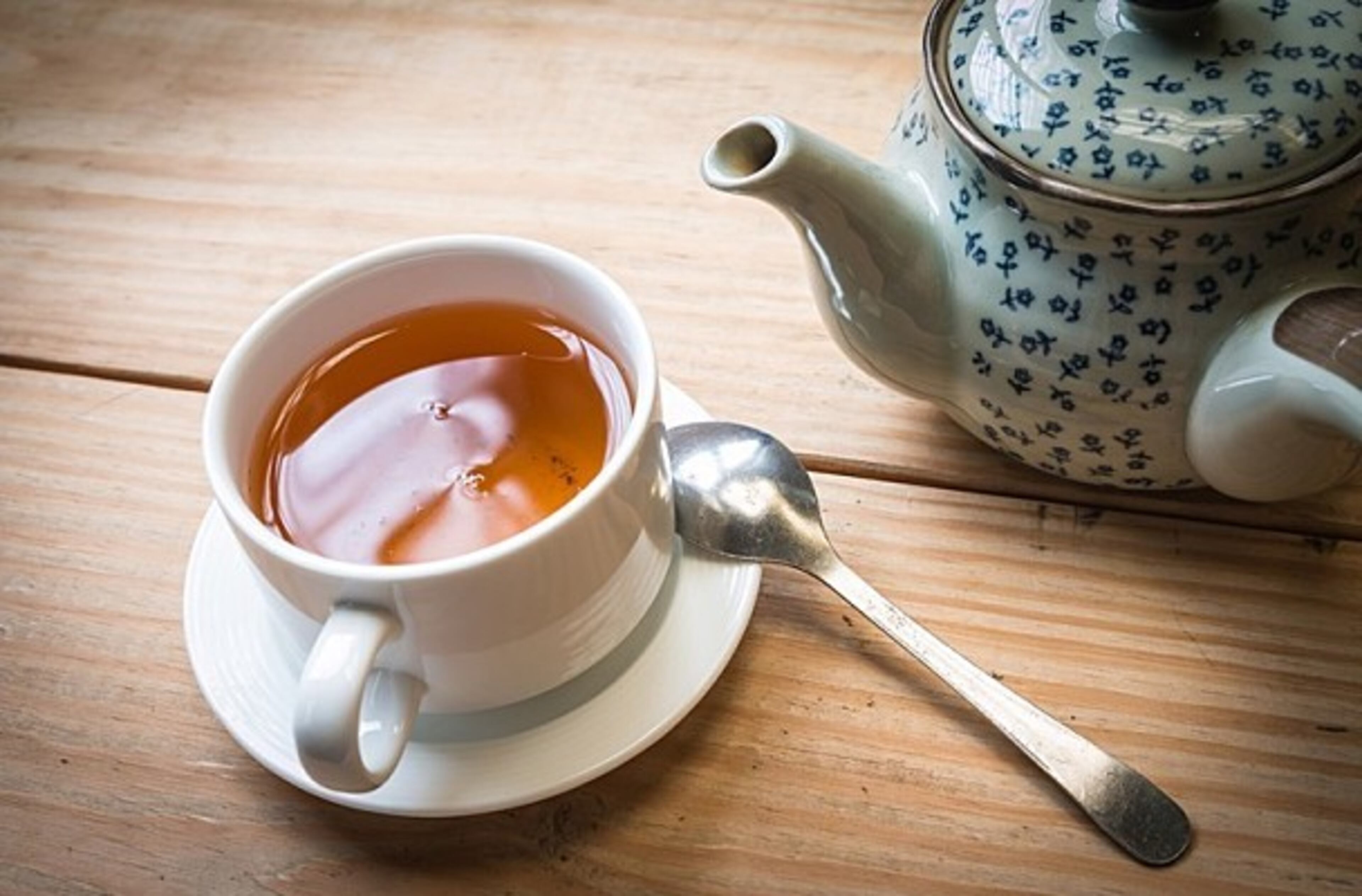Hot tea may increase risk of cancer among smokers, drinkers
Smokers and drinkers are already at higher risk of developing cancer, but those regularly consuming hot tea may be multiplying their risks significantly, according to new research.
» RELATED: 7 surprising things that can increase your risk of cancer
The new study, published this week in the journal "Annals of Internal Medicine," found that consuming "hot" or "burning hot" tea is linked with a two- to five-fold rise in esophageal cancer, but only among individuals who also smoke or drink alcohol.

Researchers followed 500,000 adults in China for more than nine-and-a-half years on average for the study. Regular tea drinkers were asked to describe the temperature of their beverage as "warm", "hot" "or "burning hot."
"Drinking hot tea contributed to cancer only when it clustered with smoking and drinking alcohol excessively," Dr. Jun Lv, a professor in the Department of Epidemiology and Biostatistics at Peking University and a lead author of the study told CNN.
Drinking "hot" tea alone was not linked to higher rates of esophageal cancer.
» RELATED: Alcohol can damage DNA and increase risk of cancer, study shows
Smoking and drinking alcohol are already known to increase a person's risk of esophageal cancer. The International Agency for Research on Cancer reports that it is the eighth most common type of cancer in the world, killing around 400,000 people annually.
Researchers behind the new study defined excessive alcohol consumption as 15 grams or more of alcohol per day, which is a little more than the amount found in a 12-ounce glass of beer, a 5-ounce glass of wine or a 1.5-ounce shot of distilled liquor. A smoker was defined as someone who has one or more cigarettes daily on average.
» RELATED: This pharmaceutical company says it's found a 'breakthrough' lung cancer treatment
All the data on alcohol, tea and tobacco consumption was self-reported by subjects at the beginning of the research period.
While the results of the study are noteworthy and should be taken as a warning by smokers and drinkers, they are still only observational. The data does not imply cause-and-effect.
But scientists believe hot beverages may damage the tissue lining the esophagus, which could increase the risk of cancer from other factors, such as repeated irritation of the esophagus and the formation of inflammatory compounds.
"Irritating the lining of the esophagus could lead to increased inflammation and more rapid turnover of the cells," said Neal Freedman, senior investigator at the National Cancer Institute in Bethesda, Maryland, who was not involved in the new research.
» RELATED: 'One-stop' blood test to detect cancer shows promise, scientists say
"Alternatively, hot liquids may impair the barrier function of the cells lining the esophagus, leaving the tissue open to greater damage from other carcinogens," he added.
Other experts have noted the value of the results, while also highlighting the long-term impact of drinking hot beverages.
"I think the results are really important," Catherine Carpenter, an associate professor of clinical nutrition at UCLA, told Gizmodo. "[But] there isn't any question about whether tea in of itself is carcinogenic. It's not about that, it's about having a lifetime history of drinking very hot beverages."
» RELATED: What happens when you quit smoking? (Hint: Short-term agony, long-term joy)
Although the new study does not cast a negative light on drinking hot tea alone, the World Health Organization concluded in 2016 that consuming hot beverages (above 149 degrees Fahrenheit) is linked to increased rates of esophageal cancer. At the same time, certain types of tea have been been hailed for their potential cancer-fighting abilities.
"It's important to abstain from high-temperature tea in excessive alcohol consumers and smokers for esophageal cancer prevention," Lv told TIME. However, she explained that "keeping away from both tobacco and excessive alcohol use is the most important means for esophageal cancer prevention."
» RELATED: Are your vitamins putting you at higher risk of lung cancer?

